From the successful event in 2017 titled “Putting Social Science into Project Management” and building on the presentation “Future of Project Management” …
Dr Karen Thompson of the Department of Leadership, Strategy and Organisations is delighted to be collaborating once again with Dr Paul Summers of the University of Winchester, UCL and the Association for Project Management to host a project management event in London on 8th November 2018 as part of the ESRC Festival of Social Science.
‘Creative Futures in Projects and Programmes’ will bring together project practitioners and researchers for a unique dialogue about the future of project management. With a focus on the human dimension of projects, this will be a showcase for current qualitative research on projects and will feature initiatives from practice and student research. A series of presentations, posters and videos will prompt creative thinking and discussion of what the future might hold for project and programme management. Presentations will include:

Tom Taylor
Tom Taylor, Principle of Dashdot, founding partner of Buro Four and a vice-President of APM, speaking on “Looking! And Thinking Ahead! Fashions and Trends in the Management of Projects and Programmes”
Emily Miles, University College London, on “Where are the Women in Major Projects?”
Dr Clara Cheung, University of Manchester, on “Measuring what works: workplace well-being of project professionals”
Clive Powell, Middlesex University London, on “Project Management & Improvisation: Research findings from literature review and analysis of first cut qualitative data”
Dr Nigel Williams also from the Department of Leadership, Strategy and Organisations at BU and Karen will provide an overview of their work on Responsible Project Management.
And Daniel Nicholls, APM Research Manager, will provide an update on their latest research.
In addition, there will be opportunities for practitioners to share their project headaches and discuss issues with researchers and other practitioners. As last year, the event will conclude with a panel of experts sharing their views on a selection of pressing issues suggested by the audience, in an exciting BBC ‘Question Time’ style debate.
The event is free to attend but booking is required: https://www.eventbrite.co.uk/e/creative-futures-in-projects-and-programmes-tickets-51241202817
We are organising a coach from BU. If you would like to reserve a place, you must email kthompson@bournemouth.ac.uk BEFORE 1st November 2018.
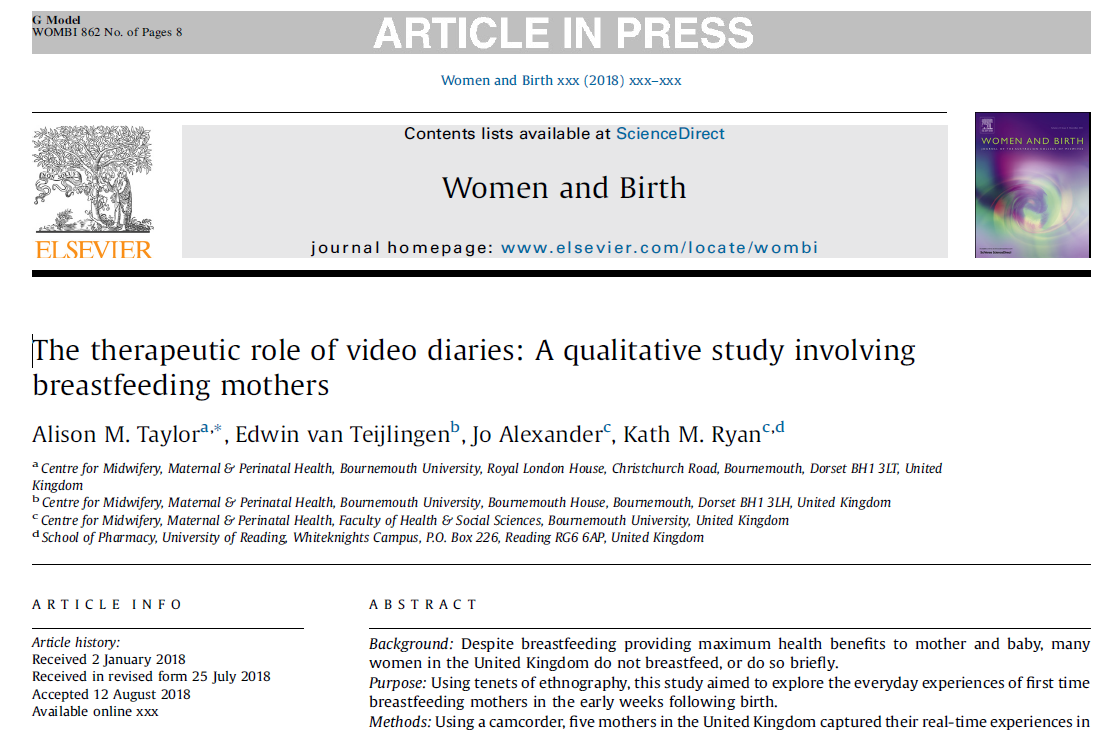
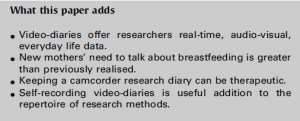
 h focused on examining the brand elements embedded within social media influencers’ (SMI) Instagram posts when attending (fashion) marketing events. The research identified six main brand elements encompassing 24 sub-elements, which were named in relation to the way SMIs communicate brands within marketing event attendance in a fashion context:
h focused on examining the brand elements embedded within social media influencers’ (SMI) Instagram posts when attending (fashion) marketing events. The research identified six main brand elements encompassing 24 sub-elements, which were named in relation to the way SMIs communicate brands within marketing event attendance in a fashion context: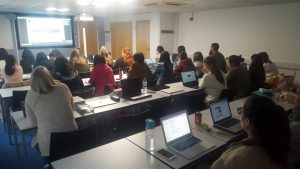
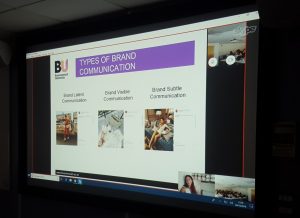
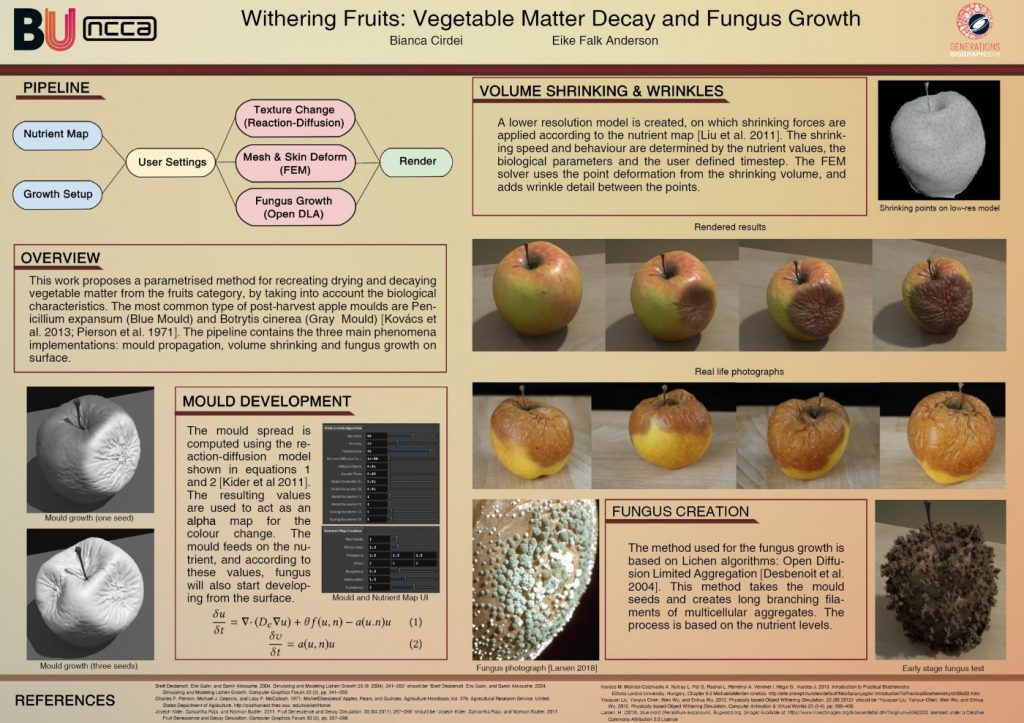
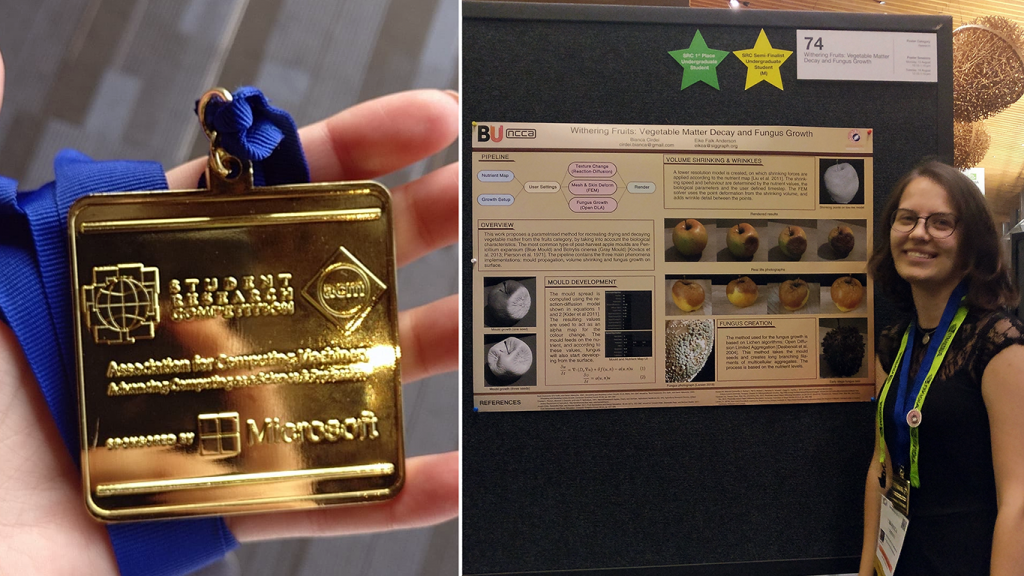

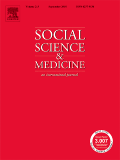

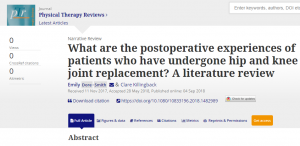
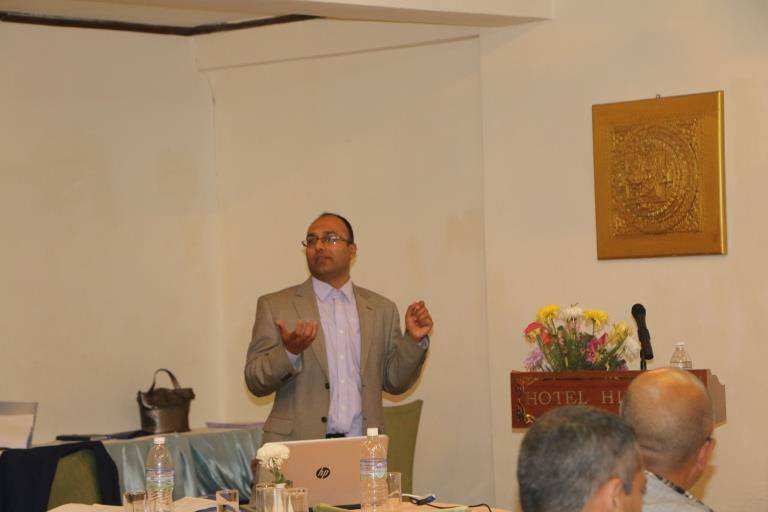
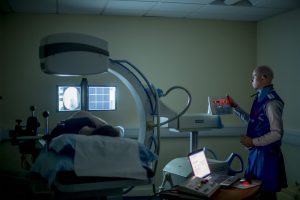
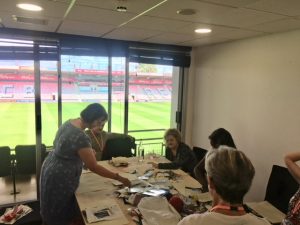
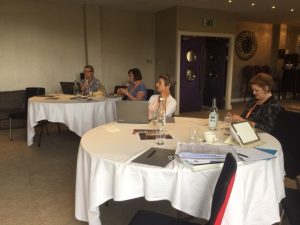
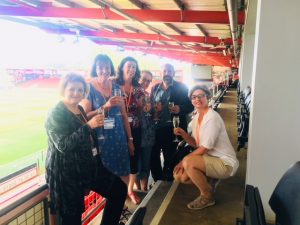
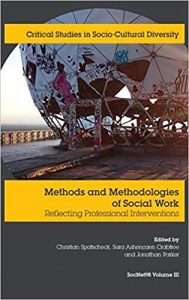



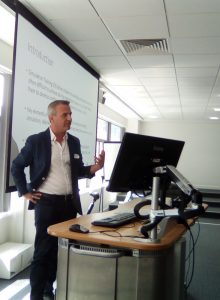
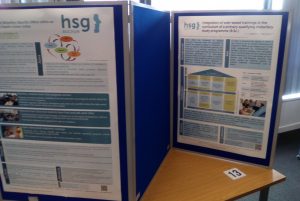
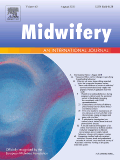
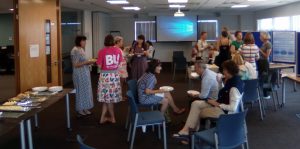
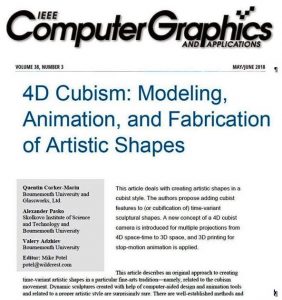

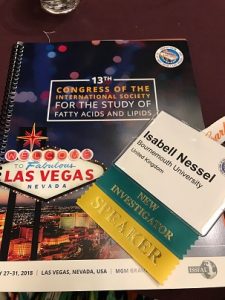
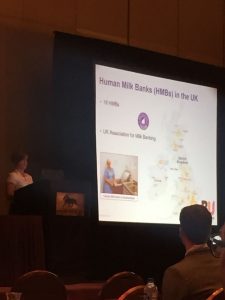 Methodology and Ketoneurotherapeutics. In between, well-known researchers in the field presented their research in plenary talks. Dr Michael Crawford obtained an omega-3 research award and Dr Maria Makrides was awarded with the Alexander Leaf Award. Her presentation entitled “Standing on the shoulders of giants: great women role models, mentors and advocates” was really inspiring.
Methodology and Ketoneurotherapeutics. In between, well-known researchers in the field presented their research in plenary talks. Dr Michael Crawford obtained an omega-3 research award and Dr Maria Makrides was awarded with the Alexander Leaf Award. Her presentation entitled “Standing on the shoulders of giants: great women role models, mentors and advocates” was really inspiring.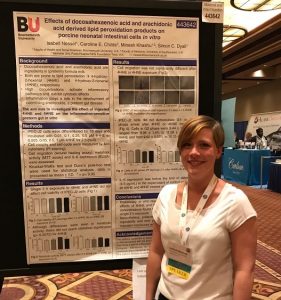 banking practices and recommendations for improvement”, presenting the results of our UK Milk Bank survey, which is now extended internationally. Furthermore, I had two posters displaying our work on preterm formula milk storage conditions and lipid degradation; and the effects of lipid degradation products on intestinal cells in vitro. These presentations gave me the possibility to position myself in the fatty acid research world and to make valuable contacts.
banking practices and recommendations for improvement”, presenting the results of our UK Milk Bank survey, which is now extended internationally. Furthermore, I had two posters displaying our work on preterm formula milk storage conditions and lipid degradation; and the effects of lipid degradation products on intestinal cells in vitro. These presentations gave me the possibility to position myself in the fatty acid research world and to make valuable contacts.











 Upcoming opportunities for PGRs – collaborate externally
Upcoming opportunities for PGRs – collaborate externally BU involved in new MRF dissemination grant
BU involved in new MRF dissemination grant New COVID-19 publication
New COVID-19 publication MSCA Postdoctoral Fellowships 2024
MSCA Postdoctoral Fellowships 2024 Horizon Europe News – December 2023
Horizon Europe News – December 2023